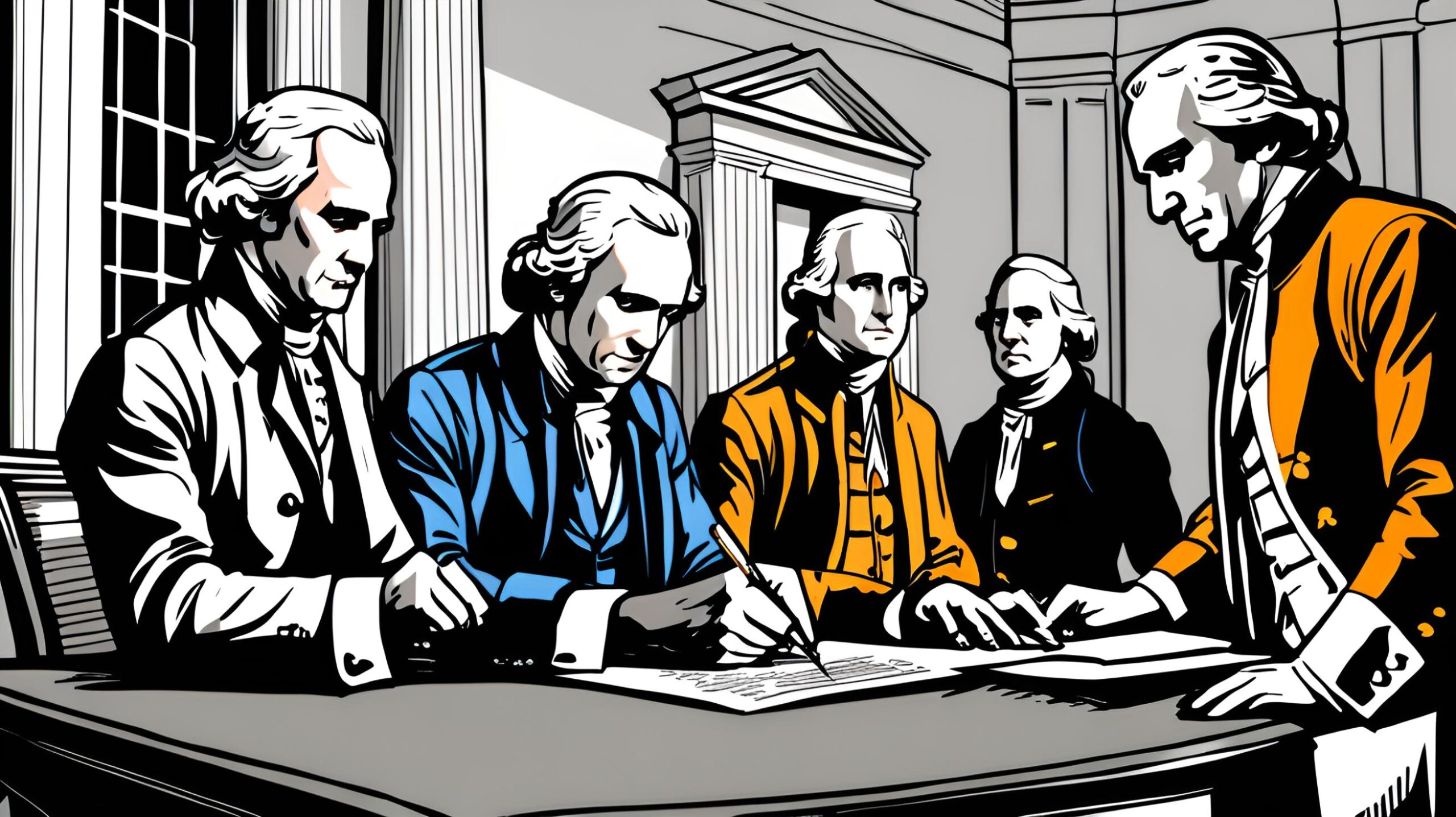Flashback to August 2
American History

1932
US President Herbert Hoover orders the United States Army to forcibly evict the “Bonus Army” of World War I veterans gathered in Washington, DC.
Read moreOn July 28, 1932, a dark episode in American history unfolded as President Herbert Hoover ordered the United States Army to forcibly evict the “Bonus Army” of World War I veterans who had gathered in Washington, DC. This tragic event highlighted the struggles faced by many veterans during the Great Depression and the government’s inability to adequately address their needs.
The Bonus Army, also known as the Bonus Expeditionary Force, was a group of approximately 43,000 veterans and their families who had come to the nation’s capital to demand early payment of a bonus promised to them for their service during World War I. The veterans were facing dire circumstances as the economic downturn had left them unemployed and in desperate need of financial assistance.
The bonus they were demanding was not due to be paid until 1945, but with the dire economic conditions, many veterans wanted to receive their due early to help support their families. They believed that their service to the country entitled them to this payment and hoped that the government would provide them with the relief they desperately needed.
However, President Hoover held firm in his belief that the payment of the bonus should not be expedited. He argued that the government could not afford to make the early payments due to the ongoing economic crisis. Hoover feared that such a payout would burden the already strained federal budget and potentially worsen the economic situation.
As the demands of the Bonus Army grew louder, with their numbers swelling in Washington, DC, tensions began to rise. The Hoover administration became increasingly concerned about the potential for civil disorder and decided to take action to disperse the protesters.
On the morning of July 28, 1932, more than 1,000 U.S. Army troops, supported by cavalry and tanks, descended upon the encampment where the Bonus Army veterans had set up their makeshift homes. The veterans were ordered to disperse, but they refused to leave, insisting on their right to peaceful protest and demanding their bonuses.
What followed was a violent confrontation between the veterans and the military. Tear gas was used to disperse the protesters, and buildings in the area were set on fire during the chaos. The clash resulted in the deaths of two veterans and the injury of many others. The sight of such violence being used against American war heroes shocked the nation and further damaged President Hoover’s reputation.
The evictions did not bring an end to the Bonus Army’s demands, and the incident continued to reverberate in the public consciousness. The images and stories of the veterans being forcibly removed from their encampments garnered widespread sympathy and raised questions about the government’s treatment of its veterans.
Ultimately, the incident had a profound impact on American society and politics. It highlighted the desperate circumstances faced by many veterans during the Great Depression and the government’s inability to adequately address their needs. The event also contributed to the growing public disillusionment with President Hoover and the Republican Party, paving the way for Franklin D. Roosevelt’s election as president in 1932.
the eviction of the Bonus Army on July 28, 1932, remains a dark chapter in American history. It stands as a stark reminder of the challenges faced by veterans during the Great Depression and the government’s failure to provide them with the support they needed. The event serves as a powerful lesson about the importance of addressing the concerns and well-being of those who have served their country.
We strive for accuracy. If you see something that doesn't look right, click here to contact us!
Sponsored Content

Delegates to the Continental…
On August 2, 1776,…

First parachute jump in…
Experience the thrill and…

PT-109, with future president…
On August 2, 1943,…

Morley Safer sends first…
On August 2, 1965,…

First trial run of…
Experience the rich history…

San Francisco Public Library…
On August 2, 1877,…

